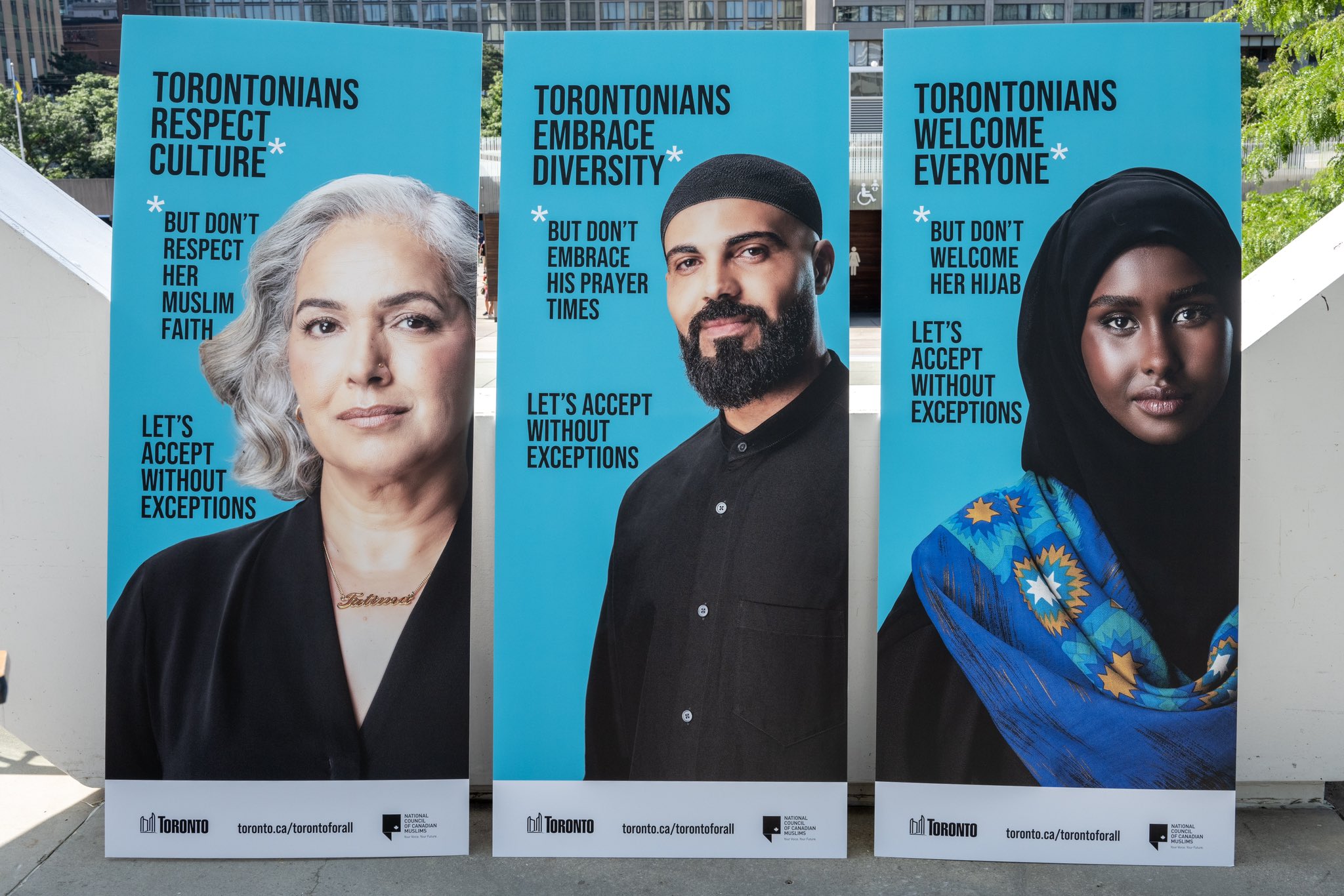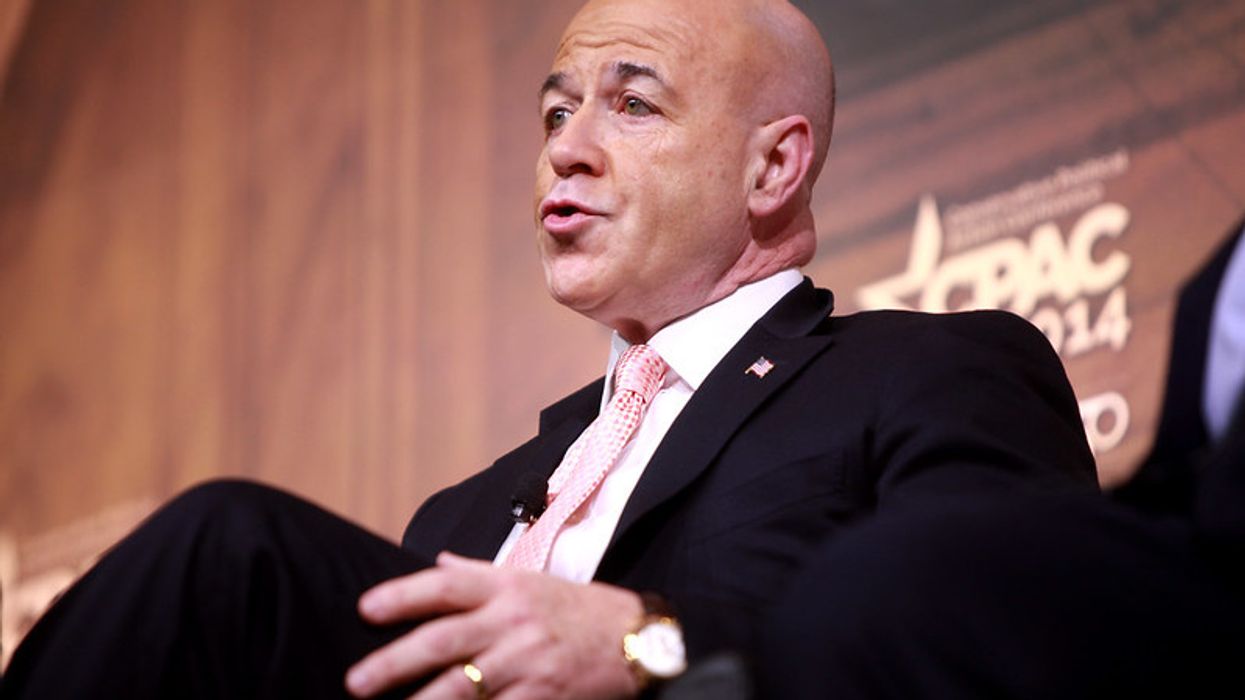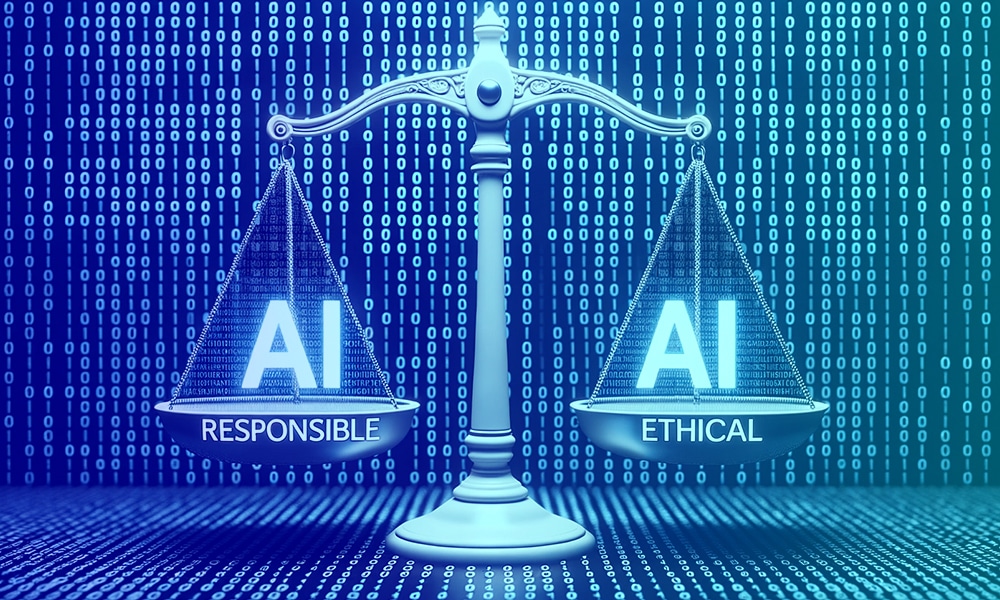The Murder Of A Muslim Man In France: A Catalyst For The Far-Left's Anti-Islamophobia Campaign

Table of Contents
The Incident and its Immediate Aftermath
The brutal murder of [Name of victim], a Muslim man in [City, France], on [Date] sent shockwaves across the nation. While details surrounding the exact circumstances are still emerging, the incident was swiftly condemned as a potential hate crime, fueling existing anxieties about rising Islamophobia within French society. Initial media coverage focused on the victim's identity and the apparent brutality of the attack, prompting widespread outrage and calls for justice.
- Public protests and demonstrations: Immediately following the murder, several protests and demonstrations took place across France, organized by various Muslim community groups and left-wing organizations. These protests highlighted the growing concern over the safety and security of Muslims in France.
- Statements from political figures and religious leaders: Prominent political figures from across the political spectrum condemned the violence. However, the differing levels of emphasis placed on the potential religious motivations behind the attack underscored the existing political divisions surrounding the issue of Islamophobia. Religious leaders from various faiths also released statements expressing their condolences and calling for unity and understanding.
- Social media response and online discussions: The incident quickly became a trending topic on social media, with numerous users expressing outrage, grief, and fear. Online discussions were often characterized by polarized views, with some focusing on the victim and condemning the violence while others debated the broader societal issues contributing to Islamophobia.
- Early investigations and police response: The French authorities launched a swift investigation into the murder, with initial reports indicating a potential hate crime motive. The speed and thoroughness of the investigation, and the subsequent arrest of suspects, became a key focus of public attention and a measure of the authorities' response to anti-Muslim sentiment.
The Far-Left's Response and its Strategies
The far-left in France reacted swiftly and forcefully to the murder, with numerous groups and organizations mobilizing to condemn the violence and advance their anti-Islamophobia campaign. Groups such as [Name specific groups and organizations] have been particularly vocal, organizing protests, issuing press releases, and engaging in online activism.
- Use of social media and online activism: Social media platforms became key battlegrounds in the aftermath of the murder. The far-left utilized these platforms to disseminate information, mobilize supporters, and counter narratives that downplayed the role of Islamophobia. Hashtags such as #[Relevant hashtags] became widely used to organize and amplify their message.
- Organization of protests and public demonstrations: The far-left played a significant role in coordinating several large-scale protests and demonstrations following the murder. These events served as a powerful display of solidarity with the Muslim community and helped raise awareness about the issue of Islamophobia in France.
- Collaboration with Muslim community organizations: Several far-left groups actively collaborated with established Muslim community organizations to plan and execute their response to the tragedy. This collaboration highlighted the importance of interfaith and inter-community alliances in combating Islamophobia.
- Lobbying efforts for policy changes: The far-left also leveraged the incident to advocate for stricter laws against hate crimes and increased government action to combat Islamophobia. This involved direct lobbying of government officials, as well as public campaigns aimed at pressuring policymakers to act.
- Framing of the narrative in the media: The far-left actively worked to frame the narrative around the murder, emphasizing the importance of addressing the systemic issue of Islamophobia and the need for broader societal reforms. This involved media outreach, press releases, and engaging with journalists.
Critique of the Far-Left's Approach
While the far-left's response to the murder is commendable in its immediate condemnation of violence and advocacy for the Muslim community, several critiques have emerged.
- Accusations of political opportunism: Some critics have accused the far-left of using the tragedy to further their own political agendas, potentially exploiting the grief and anger of the Muslim community for political gain.
- Concerns about the effectiveness of their strategies: Questions remain regarding the long-term effectiveness of some of the far-left’s strategies. While protests and online activism can raise awareness, concerns exist that they may not lead to sustained systemic change.
- Potential for alienating other segments of the population: The far-left's rhetoric and approach may inadvertently alienate segments of the population who might otherwise be sympathetic to the fight against Islamophobia, potentially hindering the broader goal of societal unity.
- Oversimplification of complex social issues: Critics argue that the far-left's focus on Islamophobia may oversimplify the complex social, economic, and political factors that contribute to the problem, hindering nuanced discussions and solutions.
The Broader Context of Islamophobia in France
The murder of [Name of victim] cannot be understood in isolation. France has a complex history with regard to its Muslim population, marked by periods of both integration and discrimination. This historical context is crucial for understanding the current climate of Islamophobia.
- Historical instances of discrimination against Muslims in France: Historical instances of discrimination, including the colonial past and discriminatory policies targeting Muslim immigrants, have created deep-seated prejudices that continue to fuel Islamophobia today.
- The role of media representation in shaping perceptions of Islam: Media representations of Islam and Muslims in France have often been stereotypical and negative, contributing to negative perceptions and fueling prejudice.
- The impact of political discourse on attitudes toward Muslims: Political discourse, particularly during election cycles, often involves inflammatory rhetoric that targets Muslims and reinforces existing biases.
- Socioeconomic factors contributing to Islamophobia: Socioeconomic disparities and the challenges faced by many Muslim communities in France have contributed to social tensions and can exacerbate existing prejudices.
The Future of the Anti-Islamophobia Campaign in France
The future of the anti-Islamophobia campaign in France hinges on several factors, including the ongoing political climate, the engagement of civil society organizations, and the willingness of the French government to address systemic issues.
- Potential for increased political mobilization: The recent murder could lead to increased political mobilization, potentially resulting in significant shifts in public opinion and government policy.
- The role of civil society organizations in combating Islamophobia: Civil society organizations, including faith-based groups and human rights organizations, have a crucial role to play in combating Islamophobia through education, advocacy, and community building.
- The need for long-term solutions and systemic change: Addressing Islamophobia requires long-term strategies focused on systemic change, including tackling societal prejudices, reforming education systems, and promoting inclusive social policies.
- The potential for broader social and political reform: Success in combating Islamophobia could lead to broader social and political reforms, promoting greater inclusivity and equality for all citizens regardless of religious belief.
Conclusion
The murder of a Muslim man in France has undeniably acted as a catalyst for the far-left's intensified anti-Islamophobia campaign. While the campaign highlights a crucial issue, a critical examination of its strategies and potential limitations is essential. Moving forward, addressing the root causes of Islamophobia in France demands a multi-pronged approach involving government action, media reform, and a concerted effort from civil society to foster mutual understanding and tolerance. Continued vigilance and active participation in the anti-Islamophobia campaign in France are crucial to ensuring justice and equality for all. We must actively work toward creating a society free from prejudice and discrimination, ensuring that such tragedies do not serve as mere catalysts for activism, but as a springboard for lasting, positive change. We need to actively participate in creating a more inclusive and just anti-Islamophobia campaign in France.

Featured Posts
-
 Glastonbury 2025 Resale When And How To Buy Tickets
May 31, 2025
Glastonbury 2025 Resale When And How To Buy Tickets
May 31, 2025 -
 Bernard Kerik A Fearless Leaders Legacy After 9 11
May 31, 2025
Bernard Kerik A Fearless Leaders Legacy After 9 11
May 31, 2025 -
 Debunking The Myth Of Ai Learning A Practical Guide To Responsible Ai
May 31, 2025
Debunking The Myth Of Ai Learning A Practical Guide To Responsible Ai
May 31, 2025 -
 Miley Cyrus Dan Busananya Sebuah Studi Gaya
May 31, 2025
Miley Cyrus Dan Busananya Sebuah Studi Gaya
May 31, 2025 -
 Is This The Good Life Assessing Your Current Situation And Aspirations
May 31, 2025
Is This The Good Life Assessing Your Current Situation And Aspirations
May 31, 2025
